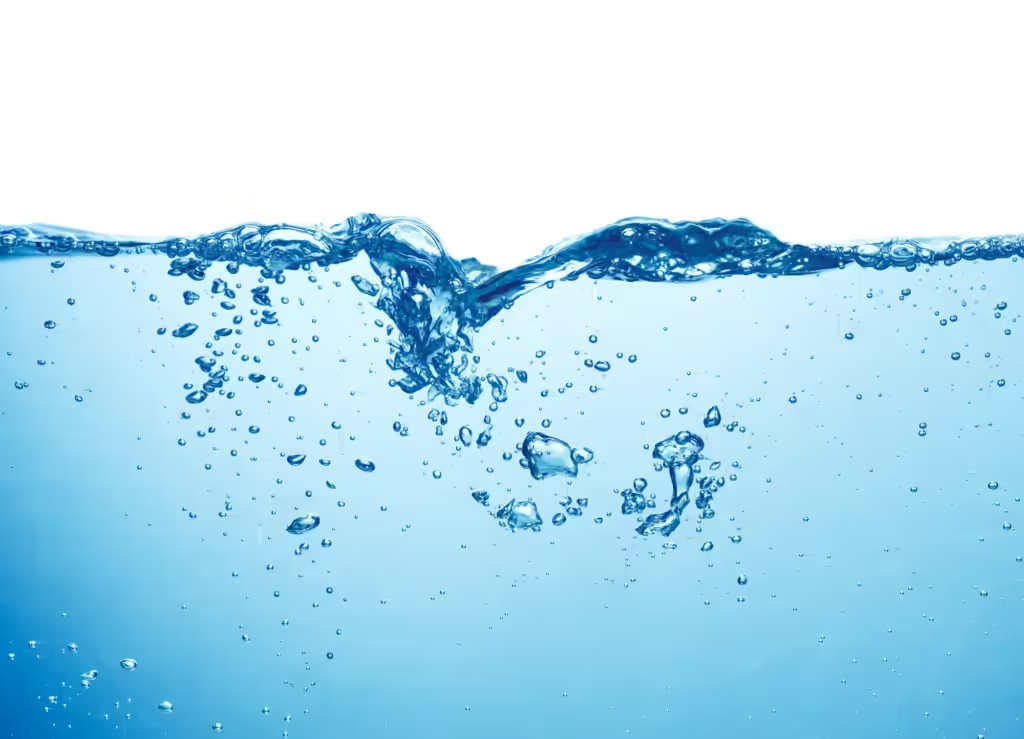
In today’s world, plastic has become a cornerstone of convenience, used in everything from packaging to everyday items. However, the environmental cost of this widespread reliance on plastic is staggering. Our ecosystems, wildlife, and water supplies are bearing the brunt of this growing crisis. As the production of plastic continues to rise, the need for sustainable alternatives becomes increasingly urgent.
The Environmental Damage Caused by Plastics
Plastics are typically made from non-renewable fossil fuels and take hundreds of years to decompose. During this lengthy process, plastics break down into smaller fragments known as microplastics, which persist in the environment, particularly in oceans and rivers. These tiny particles are difficult to clean up and have far-reaching consequences for marine life and ecosystems.
Marine animals, such as fish, turtles, and birds, often mistake plastic debris for food. Ingesting plastic can lead to serious health problems for these creatures, including blockages in their digestive systems, malnutrition, and death. Furthermore, when larger animals consume smaller creatures contaminated with plastic, these toxic particles travel up the food chain, potentially ending up in the food we eat.
Plastics and Water Pollution
One of the most alarming impacts of plastic pollution is its effect on water supplies. As plastics break down into microplastics, these particles enter our water systems—rivers, lakes, and oceans—where they not only contaminate marine life but also end up in drinking water sources. Studies have shown that microplastics are now present in tap water and bottled water around the world, underscoring the extent of the problem.
In addition to being a pollutant themselves, microplastics act as carriers for harmful chemicals. These tiny particles can absorb toxic substances like pesticides, heavy metals, and other pollutants. When ingested by humans and animals, these contaminated plastics can cause a range of health problems, including hormonal imbalances, reproductive issues, and long-term illnesses. The presence of microplastics in drinking water represents a significant threat to both environmental and public health.
The Need for Sustainable Alternatives
Given the widespread and detrimental effects of plastic pollution, it is clear that change is necessary. Sustainable alternatives, particularly in industries that heavily rely on single-use plastics, must be embraced to combat the environmental crisis. For example, companies such as Fulcrum Trading in the cannabis industry are increasingly looking to biodegradable packaging options as a means of reducing their plastic footprint.
Biodegradable materials provide an eco-friendly solution to traditional plastics by breaking down more rapidly and leaving fewer harmful residues. By opting for sustainable packaging, industries can significantly reduce the amount of plastic waste entering landfills and waterways. Such initiatives not only benefit the environment but also protect vital water resources from further contamination.
A Path Forward
Plastic pollution, particularly its impact on water supplies, is one of the most pressing environmental challenges of our time. As microplastics continue to infiltrate ecosystems, water sources, and food chains, the need for sustainable solutions has never been greater. By prioritizing eco-friendly packaging options and reducing plastic waste, we can mitigate the damage being done to our planet and ensure cleaner, safer water for future generations.
It is time to act. Small changes can lead to significant results, and by choosing sustainable products and materials, we can make a positive impact on the environment and protect the Earth’s precious water resources.
Join the movement toward sustainability and help reduce plastic pollution. Every step counts.
